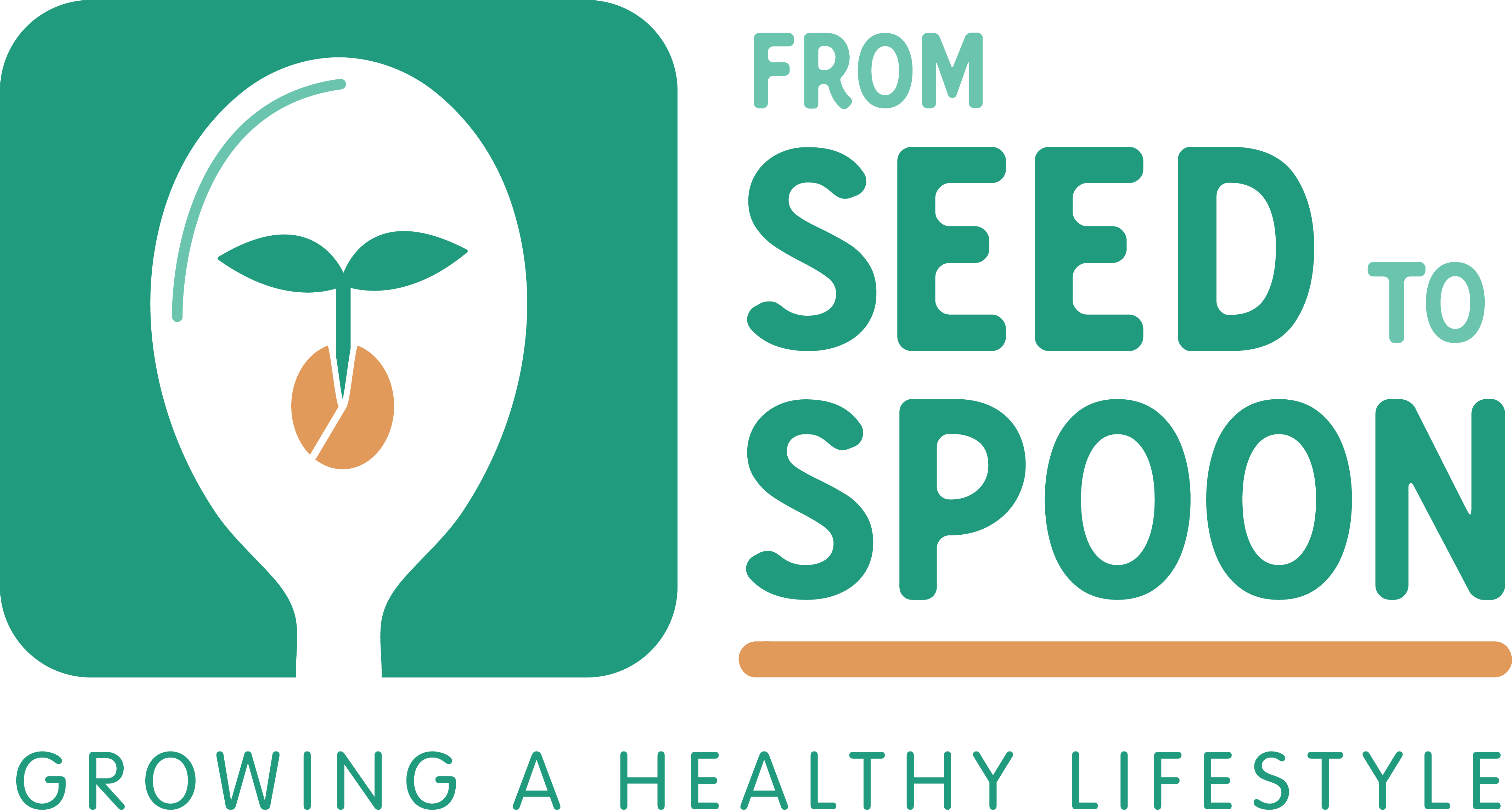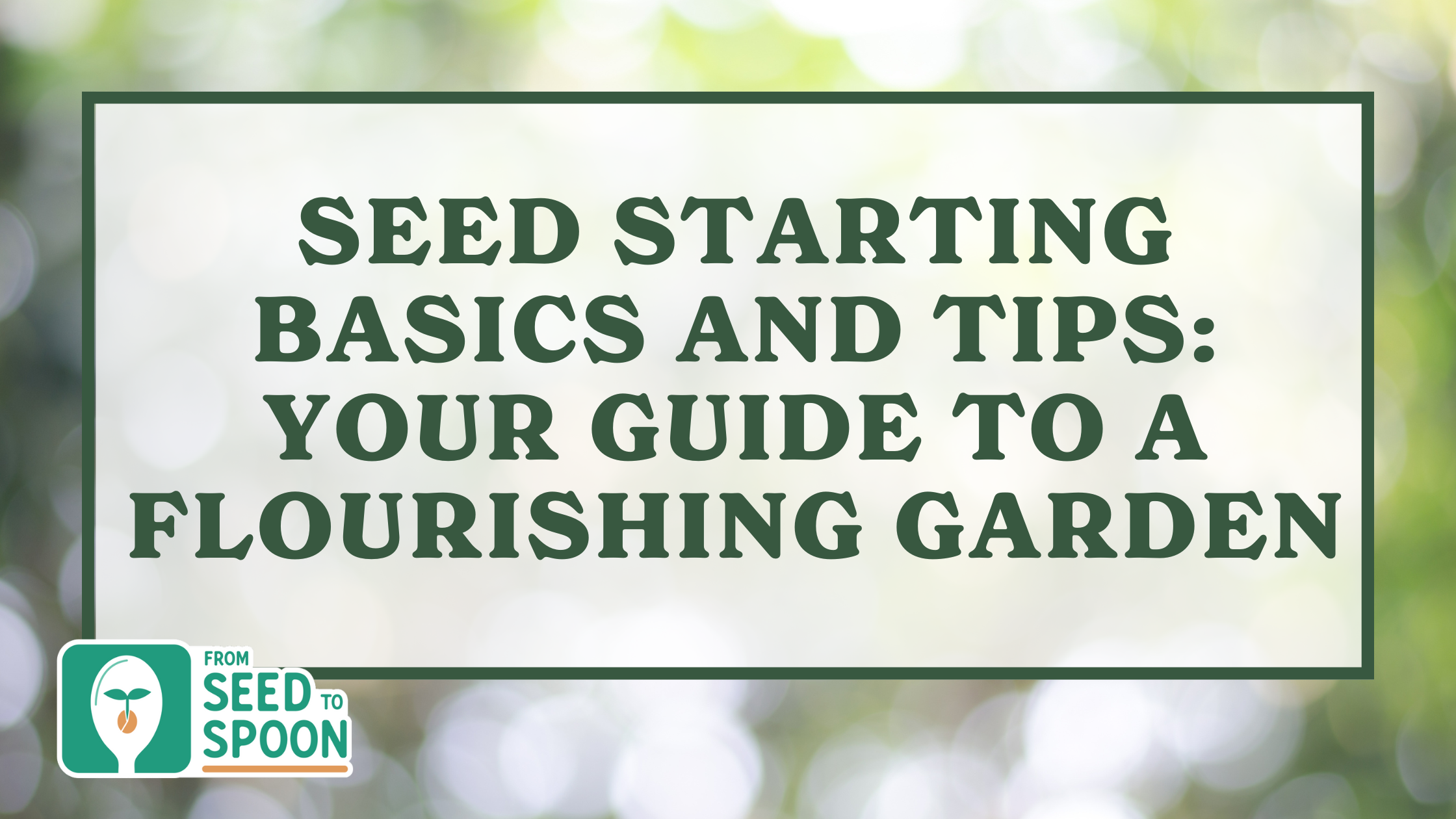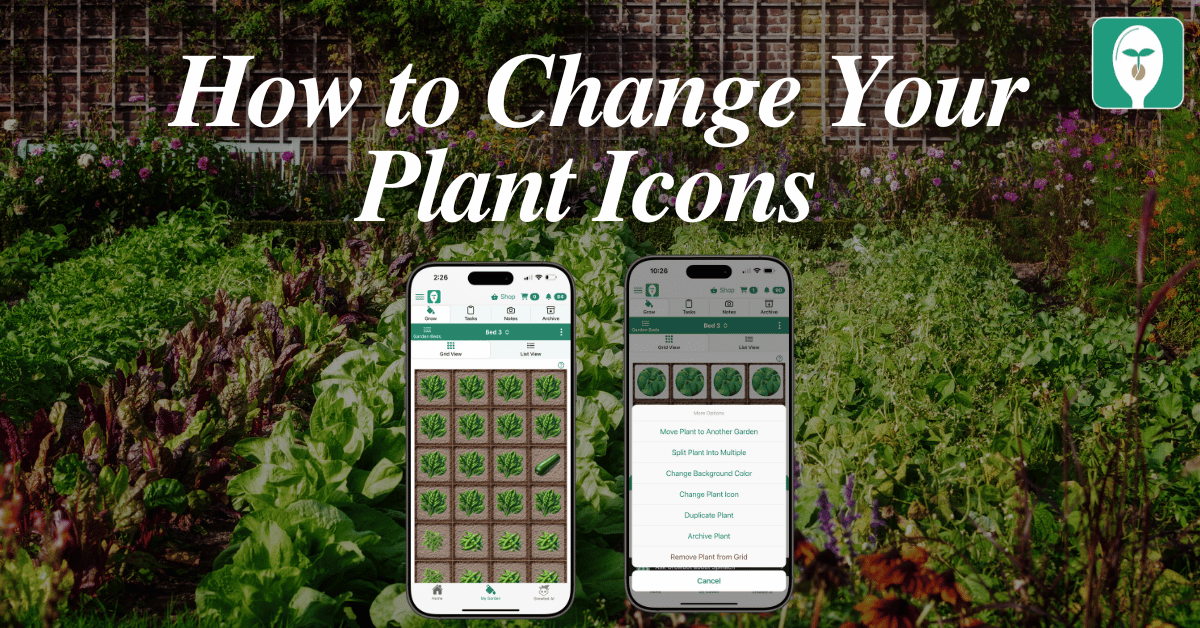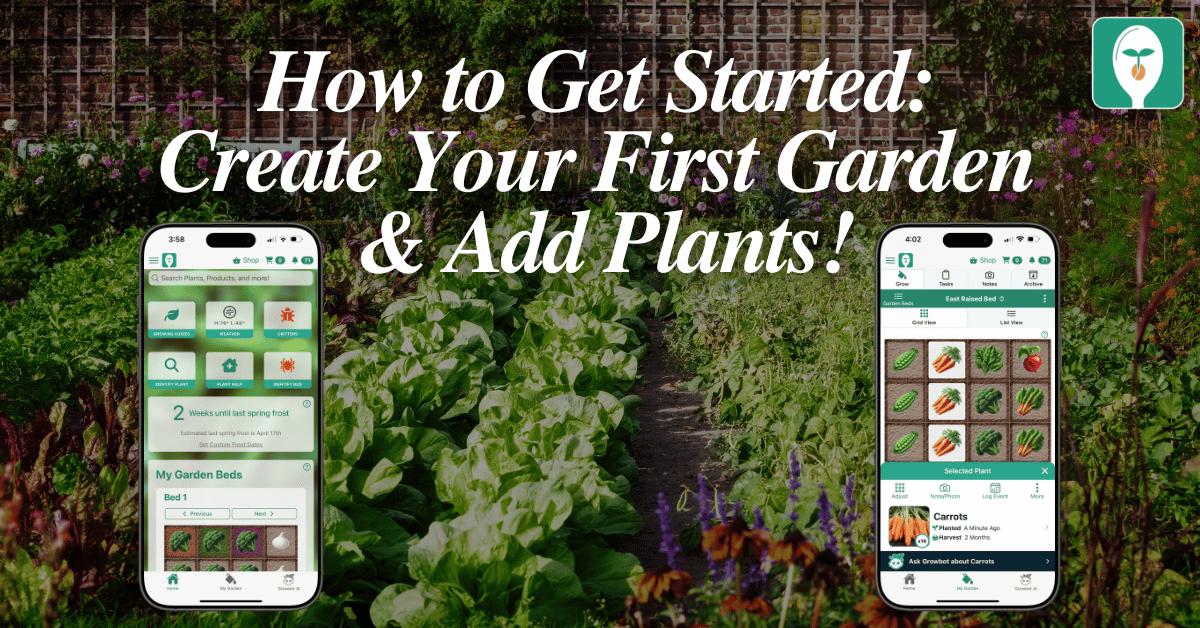Starting seeds indoors can be a rewarding endeavor, and with the right approach, you can set the stage for a successful gardening season. Here are some key tips for starting seeds and nurturing young plants:
- Use a Bio Dome or Similar Setup: A controlled environment like a Bio Dome is ideal for seed starting. It ensures your seeds have the consistent conditions they need for germination.
- Water from Below: This method helps prevent mold and encourages strong root growth. Watering from below keeps the soil evenly moist and reduces the risk of overwatering.
- Maintain Humidity During Germination: Use a lid with adjustable vents to create a humid environment, which is crucial during the early stages of seed growth.
- Thinning Seedlings: Once your seedlings sprout, thin them to one plant per section. This can be done carefully with scissors to avoid damaging the roots of the remaining plant.
- Up-Potting Seedlings: When roots appear at the bottom of the sponge or initial container, it’s time to move the seedlings to a larger pot with a seed starting mix.
- Hardening Off Seedlings: Gradually acclimate your seedlings to outdoor conditions over a week. Start with a few hours of filtered sunlight and increase exposure each day.
- Using the From Seed to Spoon App: This app can help track your planting dates and provide localized advice on the best times for planting, sprouting, and harvesting.
- Planting Seeds Outdoors: Ensure consistent moisture for your seeds, especially important for root crops. Protect them from animals with covers but remove these once the seeds sprout to allow sunlight in.
- Dealing with Outdoor Pests: Consider using deterrents like motion-activated sprinklers to keep animals away from your young plants.
- General Maintenance: Regular maintenance, patience, and attentive care are key. Keep an eye on your plants’ growth, water needs, and any signs of pests or diseases.
Remember, gardening is a journey of learning and growth. Be patient with your plants and yourself as you navigate this rewarding process.
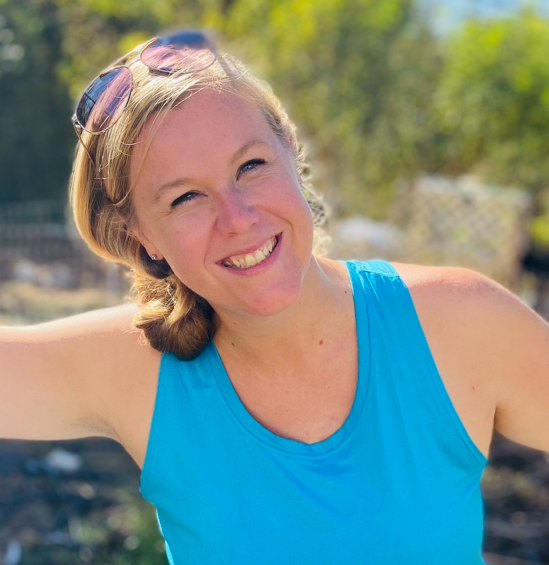
Carrie Spoonemore, co-founder of “From Seed to Spoon,” stands as a beacon of inspiration for gardeners and health enthusiasts alike. Her journey alongside her husband, Dale Spoonemore, in creating a platform that demystifies gardening and promotes a healthier lifestyle, has made a significant impact on individuals around the globe. Through the “From Seed to Spoon” app, Carrie has dedicated herself to empowering people to take control of their health and environment by growing their own food.
With a profound belief in the power of gardening to improve mental and physical health, Carrie’s contributions to the Seed to Spoon blog reflect her holistic approach to wellness. Her articles often focus on the nutritional benefits of homegrown fruits and vegetables, organic gardening practices, and the mental health benefits of spending time in nature. Carrie’s expertise in health science shines through in her detailed discussions on how specific plants can contribute to a balanced diet and overall well-being.
Carrie’s passion for gardening is deeply intertwined with her commitment to family and community wellness. She frequently shares personal stories of how gardening has brought her family closer together, offering practical tips for involving children in gardening activities and making it a fun, educational experience. Her writing encourages families to explore gardening as a means of spending quality time together while learning about nature and sustainability.
In addition to gardening advice, Carrie’s contributions to the blog include insights into the use of technology to enhance the gardening experience. She has played a crucial role in designing the “From Seed to Spoon” app to be user-friendly, ensuring that users of all ages and backgrounds can navigate the complexities of gardening with ease. Her vision for the app is not just as a gardening tool but as a vehicle for change, inspiring individuals to adopt a more sustainable lifestyle by growing their own food.
Carrie Spoonemore’s presence on the blog is marked by her compassionate approach to teaching and her unwavering belief in the transformative power of gardening. Her work continues to inspire a community of gardeners to pursue a healthier, more sustainable way of living, proving that with the right tools and knowledge, anyone can become a gardener and advocate for their health and the planet.
